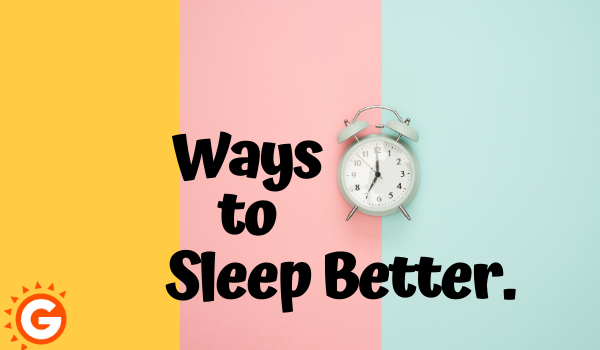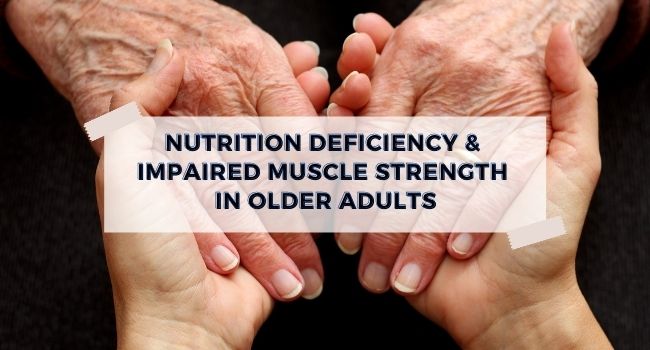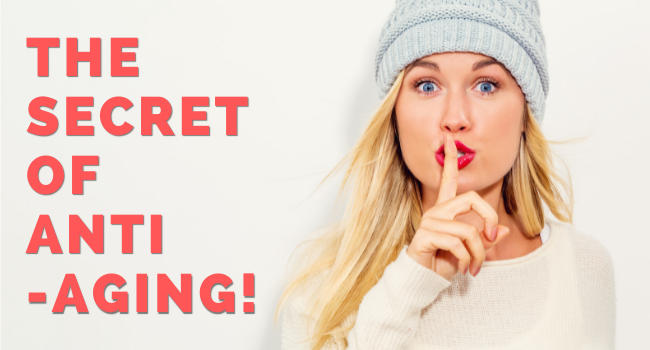5 Habits To Avoid If You Want To Sleep Better
If you’re often find it is hard to fall asleep or find yourself exhausted during the day, it may not solely be caused by your 1 a.m. Instagram scrolling, Here are some less commonly discussed habits that affecting your full night’s sleep:

1.Ignoring your circadian rhythms.
Humans are wired to a biological clock that tells us when we need to sleep and when we need to be awake, set to a 24-hour cycle. That cycle is varied by melatonin, physical activity, social interactions, and most importantly, light. Natural sunlight or bright light during the day helps in keeping our circadian rhythm healthy, whereas long hours exposure in artificial light can set that cycle slightly off-kilter.
A good quality sleep tips – Go for an outdoor walk at lunch! The sun will tell your body it’s midday and helps the biological clock keeps ticking in alignment with the day-night cycle.

2. Working out too close to bedtime.
Exercising too close to bedtime may raise your body temperature and metabolism rate, which makes it harder to fall asleep. For those who have difficulty falling asleep at night, it’s important to avoid late-evening exercise,especially those strenuous exercise. In another word, it’s time to move your crossfit session to earlier of the day…

3. Procrastinating at bedtime.
After a busy day, it can be tempting to stay on longer for ourselves (one more episode of GOT!Whoo-hoo!!). However, this temptation may disrupt our sleeping cycle badly.
Here is a tip that everyone should adapt to signal your body that you’re preparing to sleep: Around an hour before bedtime, dim the lights and engage only in relaxing activities (meaning….no thrillers on Netflix!). When it’s time to go to bed, also try stick to a fixed-order routine.

4. Tossing and turning.
Anxiety actually causes you to lose sleep. If you wake up in the middle of the night, the best thing to do is to get out of bed and try to engage in some relaxing activity under dim light and comfortable conditions (eg. drink some water if you’re thirsty). The most important advice for quality sleep is trying not to panic and make sure you’re comfortable. After a while, the sleepiness will kick in—and then it’s time to go to bed again.

5. Eating certain foods (especially before bed).
Most of us know that having an espresso right before bed is a terrible idea for a good night’s sleep. However, a recent study showed that diets low in fibre and high in saturated fat led to less restorative sleep and more instances of waking up in the night. The metabolism of these high-energy foods at night increases core body temperature and therefore disturbing sleep.
A light, high-fibre and low-fat meal in the evening may help you in getting a night of better sleep. For example, a cup of GoodMorning VGrains will be a good choice as it is low-GI, low in fat, high in dietary fibre! 🙂








